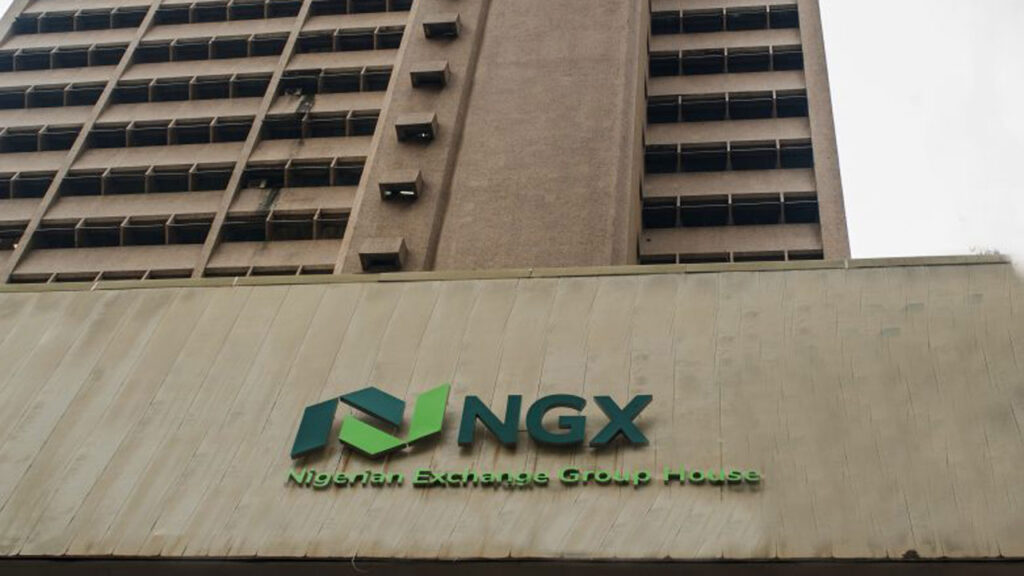
The stakeholders, who spoke at the West Africa International Retail Banking Dialogue 2015, organized by First bank of Nigeria, in collaboration with Asian Banker, held in Lagos at the weekend, submitted that for this to be achievable, enough traction, in terms of infrastructure endowments must be put in place to drive these process alterations.
Specifically, the Group Managing Director and Chief Executive Officer, First Bank of Nigeria Limited, Bisi Onasanya, described the continental retail banking space as “big and getting bigger.”
“There is no doubt that we would need to find more creative ways to tease value out of this space, especially in the light of strong and growing competition, including from non-bank actors,” he said.
Onasanya, who was represented by the Group Head, Retail Banking, Lagos Island, Tunde Owolabi, explained that the major retail banking challenge, which service providers face across the continent is one of building strong relationships across all customer segments and along each customer’s value chain.
To this effect, he noted that operators needed to strengthen the process for collecting, storing, and retrieving data, even as they should also identify cultural processes or values that may assist or hinder use of personal data to drive new levels of customer engagement.
Also speaking, the Chairman of Asian Banker, Emmanuel Daniel,pointed out that retail banking performs an important function in mobilizing the financial resources of large populations, noting that retail banking help in assessing a strong deposit base cheaply in more developed countries.
Daniel maintained that Nigeria has to benchmark itself with other emerging markets of similar size and per capita GDP level, adding that “there is a lot to learn and there is a lot share with one another.”
He noted that a new entrant into retail banking would find the business very expensive because of competition and investments they have to make, while an existing bank with a strong customer loyalty would find acquiring customers much cheaper than a new entrant.
“Retail banking performs an important social function in mobilising the financial resources of large populations. In the more developed countries, retail banking is about assessing a strong deposit base cheaply.”
On what inspired the International retail banking dialogue, he said: “The International retail banking dialogue was configured to build on the learning that the Asian banker’s had developed over the years. It is being created in a number of large emerging markets across African countries, based on the Asian banker’s development of data and analytics on what it takes to build a good retail bank.
“The Asian banker is a research organisation that has been collecting lots of data in how the retail banks are been built in a number of emerging markets around the world.
“In the old days there is a lot of focus in transactions such as remittances and so on, but as the economy grows, banks look at retail banking as a source of cheap and stable funding for the long term.
“The question is that, with new technology and competition, how can banks achieve these in a viable manner and not create the kind of competition that would destroy value, but enhance value by enhancing the resources of the growing middle class in a country like Nigeria,” he added.
The Chief Operating Officer, Domestic Bank, Ecobank, Rotimi Nihinlola, stressed the need for local operators to grow retail banking in Nigeria.










